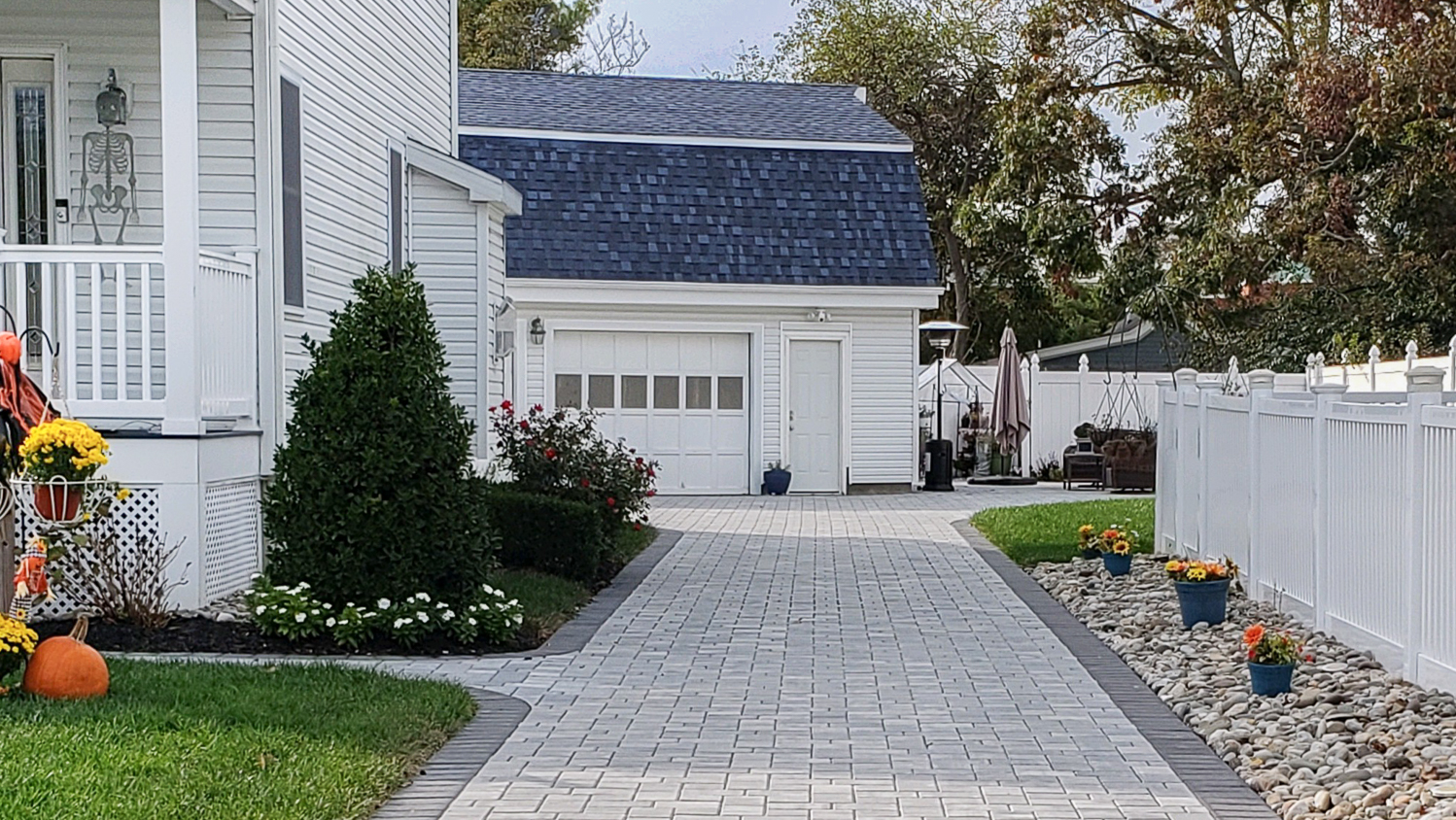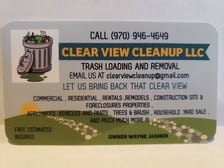
Get matched with top driveway sealcoating pros in Newark, AR
Enter your zip and get matched with up to 5 pros
Need a pro for your driveway sealcoating project in Newark, AR?
Verified Reviews for Driveway Sealcoating pros in Newark, AR
*The Angi rating for Driveway Sealcoating companies in Newark, AR is a rating based on verified reviews from our community of homeowners who have used these pros to meet their Driveway Sealcoating needs.
*The HomeAdvisor rating for Driveway Sealcoating companies in Newark, AR is a rating based on verified reviews from our community of homeowners who have used these pros to meet their Driveway Sealcoating needs.
Last update on December 15, 2025
Find Driveway sealcoating pros in Newark
Pink Concrete and Masonry
Pink Concrete and Masonry
We do concrete pads, sidewalks, stamped concrete, staining, resurfacing. Masonry repair, retaining walls, garden walls. Stone brick or block.
We do concrete pads, sidewalks, stamped concrete, staining, resurfacing. Masonry repair, retaining walls, garden walls. Stone brick or block.
T & D Construction
T & D Construction
WE ARE A CHRISTIAN BASED COMPANY. HAVE BEEN IN BUSINESS FOR 35 YRS. WE SPECIALIZE IN REMODELING KITCHEN AND BATHROOM, HOME EXTERIOR REMODELING AND OUTDOOR CUSTOM DECKS.
WE ARE A CHRISTIAN BASED COMPANY. HAVE BEEN IN BUSINESS FOR 35 YRS. WE SPECIALIZE IN REMODELING KITCHEN AND BATHROOM, HOME EXTERIOR REMODELING AND OUTDOOR CUSTOM DECKS.
William Wallace Construction
William Wallace Construction
Just give me a call and we can go from there.
Just give me a call and we can go from there.
Neighborhood Handyman
Neighborhood Handyman
My son and I started Your Neighborhood Handyman service to help provide a needed service at an affordable price. We offer FREE estimates and references are provided.
My son and I started Your Neighborhood Handyman service to help provide a needed service at an affordable price. We offer FREE estimates and references are provided.

McCormick and Sons, LLC
McCormick and Sons, LLC
McCormick and Sons is a family owned and operated excavating, asphalt, and concrete contractor that does all types of projects ranging from pavement repair to new subdivision.
McCormick and Sons is a family owned and operated excavating, asphalt, and concrete contractor that does all types of projects ranging from pavement repair to new subdivision.
David's Affordable Asphalt
David's Affordable Asphalt
Family owned since 1980.....Fully licensed and insured....BBB a+ member
Family owned since 1980.....Fully licensed and insured....BBB a+ member

Hill's Remodeling & Handyman Service
Hill's Remodeling & Handyman Service
We do all remodeling & new construction. Will work Saturday but not Sunday in order to attend Church with my family. Will provide 24 hour emergency services on Sundays.
We do all remodeling & new construction. Will work Saturday but not Sunday in order to attend Church with my family. Will provide 24 hour emergency services on Sundays.

Handy John's Remodeling Co.
Handy John's Remodeling Co.
We are a fully licensed and insured residential remodeling company who specializes in all types home renovations. Our projects range from standard upgrading and repairs to high-end custom work.
We are a fully licensed and insured residential remodeling company who specializes in all types home renovations. Our projects range from standard upgrading and repairs to high-end custom work.
Martin Construction
Martin Construction
Jack and Josh Martin are licensed contractors by the state of Arkansas. They have a combined 40+ years of experience.
Jack and Josh Martin are licensed contractors by the state of Arkansas. They have a combined 40+ years of experience.
The Newark, AR homeowners’ guide to driveway sealcoating
From average costs to expert advice, get all the answers you need to get your job done.
 •
•Discover the average paver driveway cost, including price ranges, key cost factors, and tips to help you budget for your driveway project.

The cost of a tar and chip driveway falls between gravel and asphalt. Is this unique process the happy medium you've been looking for? Let's take a look.

Use our guide to calculate the cost to seal an asphalt driveway. Prices vary based on the type of sealant and the size of the driveway.

Asphalt driveways take anywhere from 48 to 72 hours to dry enough for vehicles. Stay tuned to learn more about how long before you can drive on asphalt.

Driveways are no stranger to the hot sun, extreme weather, and the weight of heavy machinery. Learn how often you should seal your driveway.

Discover the main differences between pathways, walkways, driveways, and roadways. Learn how each is used, their materials, and where you’ll commonly find each.
- Diaz, AR Driveway sealcoating pros
- Southside, AR Driveway sealcoating pros
- Cave City, AR Driveway sealcoating pros
- Bradford, AR Driveway sealcoating pros
- Batesville, AR Driveway sealcoating pros
- Tuckerman, AR Driveway sealcoating pros
- Newport, AR Driveway sealcoating pros
- Swifton, AR Driveway sealcoating pros
- Judsonia, AR Driveway sealcoating pros
- Evening Shade, AR Driveway sealcoating pros
- Weiner, AR Driveway sealcoating pros
- Bald Knob, AR Driveway sealcoating pros
- Augusta, AR Driveway sealcoating pros
- Pangburn, AR Driveway sealcoating pros
- Tumbling Shoals, AR Driveway sealcoating pros
- Hoxie, AR Driveway sealcoating pros
- Imboden, AR Driveway sealcoating pros
- Mccrory, AR Driveway sealcoating pros
- Melbourne, AR Driveway sealcoating pros
- Ash Flat, AR Driveway sealcoating pros
- Walnut Ridge, AR Driveway sealcoating pros
- Drasco, AR Driveway sealcoating pros
- Kensett, AR Driveway sealcoating pros
- Highland, AR Driveway sealcoating pros
- Heber Springs, AR Driveway sealcoating pros
- Bono, AR Driveway sealcoating pros
- Searcy, AR Driveway sealcoating pros
- Hardy, AR Driveway sealcoating pros
- Horseshoe Bend, AR Driveway sealcoating pros
- Cherokee Village, AR Driveway sealcoating pros
- Kitchen And Bath Remodeling in Newark
- Swimming Pools in Newark
- Concrete Leveling in Newark
- Tree Service in Newark
- Flooring in Newark
- Roofing in Newark
- Lawn And Yard Work in Newark
- Hardwood Flooring in Newark
- Home Builders in Newark
- Landscaping in Newark
- Painting in Newark
- Cleaning in Newark
- Plumbing in Newark
- Roofing in Newark
- Tree Service in Newark
- Fencing in Newark
- Electrical in Newark
- Kitchen And Bath Remodeling in Newark
- Lawn And Yard Work in Newark
- Foundation Repair in Newark
- Cleaning in Newark
- Concrete Repair in Newark
- Garage Doors in Newark
- Flooring in Newark
- Swimming Pools in Newark
- Home Builders in Newark
- Windows in Newark
- Siding in Newark
- Stone And Gravel in Newark
- Handyman Service in Newark
- 🌱 "Mow a small front yard"
- 🛠 "Fix a leaking pipe under the sink"
- 🏠 "Repair shingles on an asphalt roof"






